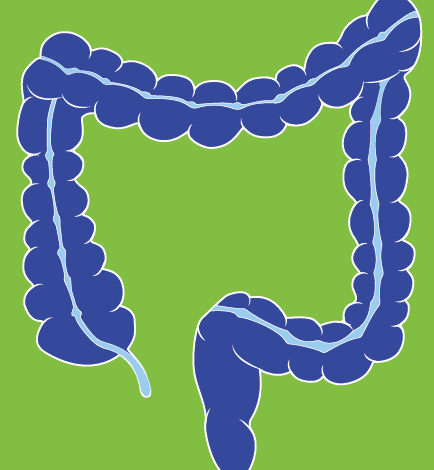 Depression, anxiety and acute pain are often directly related to the inability to sleep. Patients that come to Henry J. Austin Health Center for physical ailments and primary care issues, often report insomnia and mental health repercussions. They may be referred to a Behavioral Health team member, Kivia Adams.
Depression, anxiety and acute pain are often directly related to the inability to sleep. Patients that come to Henry J. Austin Health Center for physical ailments and primary care issues, often report insomnia and mental health repercussions. They may be referred to a Behavioral Health team member, Kivia Adams.
According to the CDC, adults need seven or more hours of sleep a night to function properly, and kids and teens need eight to ten. Ultimately, these goals are not met. The CDC also reports that residents in the New Jersey/New York area get the least amount of sleep in the entire country.
Sleep often varies based on gender, race, and ethnicity. For example, female students report getting less sleep than male students. Asian-American students report the lowest levels of sleep.
A Behavioral Risk Factor Surveillance System (BRFSS) was conducted on the prevalence of sleep deprivation issues in the United States. A BRFSS is a system of telephone surveys that collects state data about U.S. residents regarding their health-related risk behaviors, chronic health conditions, and use of preventive services. The results show that adults who are short sleepers (seven hours of sleep or less) were more likely to report being obese, physically inactive, and current smokers.
Insomnia can lead to ten major chronic health conditions: heart attack, heart disease, stroke, asthma, COPD, cancer, arthritis, depression, anxiety, and diabetes.
Study and work habits are considerable factors in lack of sleep, but there are many things you can do to get your ZZZs. Kivia, a Licensed Social Worker and part-time adolescents’ therapist, shared the following tips and tricks she recommends to patients. To achieve optimal sleep habits, incorporate at least three into your daily routine:
- Herbal teas: Yogi brand for stress relief and bedtime support
- Binaural beat music: tunes that mimic our brain waves to slow down our thinking
- Lavender & Chamomile essential oils for relaxation: candles, rollers, diffusers
- Yoga & Meditation for beginners on YouTube
- Cut out late-night snacks! Food before bed keeps the body awake
- Limit alcohol and caffeine
- Turn off electronics and give yourself a bedtime
- Change to fresh sheets
- Limit napping during the day
- Routine exercise
Happy sleeping!





